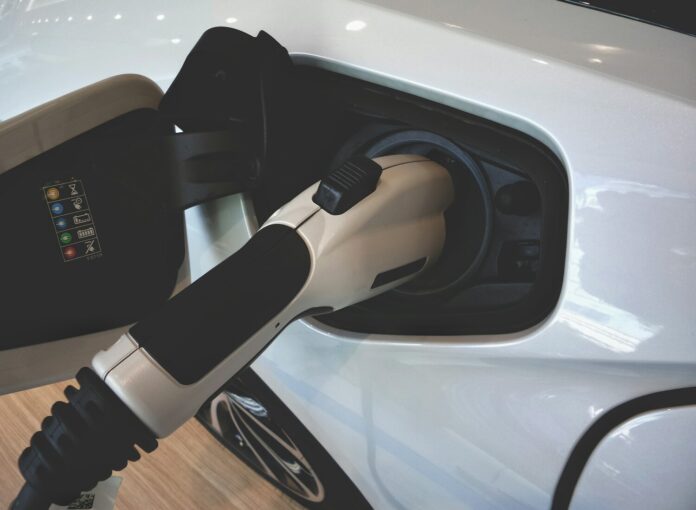According to the consulting firm McKinsey, the current global lithium supply will not meet the projected demand for large lithium-powered batteries by 2030. But despite that demand, lithium mining is not without controversy in the U.S.– and for good reason.
“Lithium mining is still very difficult to get approved, because of how messy it can be. Polluting of the groundwater, the danger for miners, significant safety issues, managing large numbers of people, regulatory issues of getting approval for how you’re going to extract lithium, and then what are you going to do with it afterward?” said Gregory Collins, a global supply chain expert at Arizona State University.
The challenges to establishing new mines in the U.S. are not insurmountable, however. In November, the U.S. Department of Energy revealed California’s Salton Sea region contains over 3,400 kilotons of lithium, enough to support over 375 million batteries for electric vehicles. A plan is in place to build a lithium and renewable power production facility over the resource-rich site, despite lawsuits and concerns from local environmental protection groups.
Lithium extraction and mining is just one part of the process. Only around 2.1% of lithium is refined in the U.S.
Supply chain issues
According to Reuters, China currently accounts for almost two-thirds of the world’s lithium processing, 75% of its cobalt processing, a staggering 95% of its manganese capacity and nearly all of its graphite capacity.
“If you have geopolitical risk, say there’s a problem in the South China Sea and China invades Taiwan, for instance, all of a sudden trade just shuts down through the South China Sea,” Collins said. “Then it doesn’t matter how much lithium you can mine in the U.S., how are you going to even get it refined?”
According to a clarification issued by the Biden administration at the end of 2023, both the Bipartisan Infrastructure Law and the Inflation Reduction Act explicitly exclude any company operating from a “Foreign Entity of Concern” (FEOC) from receiving the tax credits and funding granted when investing in EVs. These countries included Russia, North Korea, Iran and China, despite the latter holding a large percentage of the global battery and lithium refining supply chain.
Essentially, no EV can qualify for a federal government subsidy or tax credit if it contains battery components that are manufactured or assembled by a FEOC. In 2025, that rule will apply to include parts of the battery that have been extracted, processed or recycled by a FEOC as well.
According to Collins, the Inflation Reduction Act is responsible for large car companies pledging more manufacturing of electric vehicles.
“(The act) provided a lot of subsidies for automotive companies to build environmentally friendly technologies to invest in the U.S.,” Collins said. “So, all of those battery factories that were announced in the U.S.– they’re doing the final battery assembly, not (processing) the raw materials,” he said, referring to announcements by Ford, General Motors and Toyota.
“When you read the news, you think, oh, yeah, we’re going to be working to onshore electric vehicle battery manufacturing in the United States, but the whole supply chain is from somewhere else. It’s only the final assembly of the product that happens here,” he said.
Collins says instead of focusing on lithium production here, the U.S. is likely to shift their source of imports to America’s allied countries.
Northvolt, a Swedish battery developer, announced a plan to build a battery production plant in Northern Sweden, with the European Union’s investment bank contributing close to $1 billion, according to the Wall Street Journal. The plant would compete for China’s domination in the lithium production global market.
“You’d have a pretty good supply chain with the United States being friendly (with European) countries geopolitically,” said Collins.
Collins says the eventual hope for the U.S., is sourcing critical metals locally and moving the refining process to allied European countries, which can help the logistical process be more efficient especially with the rapid growth of EVs in Europe.
In addition to lithium, other essential metals for EVs (and other electronics) like cobalt and manganese are mostly mined and exported out of parts of Africa, largely utilizing slave labor to do so.


